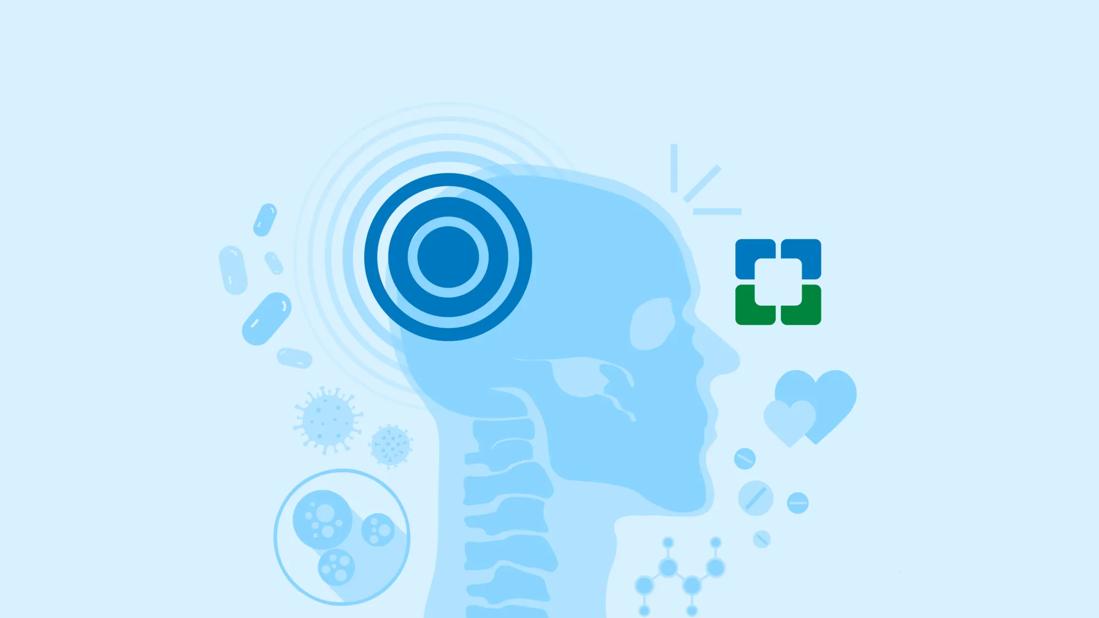Understanding Fatigue: Common Causes and Effective Treatments Explained
Understanding Fatigue: Common Causes and Effective Treatments Explained
Fatigue—it’s that nagging feeling that seems to sneak up on us when we least expect it. We’ve all been there, haven’t we? You wake up tired, plow through your day feeling like a zombie, and crash on the couch as soon as you get home. Sound familiar? Whether it’s a busy work schedule, life’s chaotic demands, or simply not getting enough sleep, fatigue can be an unwelcome companion.
But what exactly is fatigue? Is it just feeling tired, or is it something more? Let’s dive into the depths of fatigue, uncover its common causes, and explore effective treatments that can help you reclaim your energy and enthusiasm.
What Is Fatigue?
Fatigue isn’t merely what happens after a long day at work or a challenging workout. It’s a multifaceted condition that can encompass both physical and mental exhaustion. Think of it as a heavy cloud hanging over your spirit. You might feel worn out, sluggish, or even mentally foggy. But here’s the kicker: fatigue is not always linked to lack of sleep or overexertion. Sometimes, it can be a symptom of deeper health issues.
The Different Types of Fatigue
-
Physical Fatigue: This is the type you feel in your muscles after a long day of physical activity or exercise. It can be alleviated with rest.
-
Mental Fatigue: Ever felt intellectually drained after a day of meetings or study? That’s mental fatigue, which often results from extended cognitive demand.
-
Chronic Fatigue: This is a step further, lasting for six months or more, and can be debilitating. Chronic fatigue might accompany conditions like Chronic Fatigue Syndrome (CFS).
-
Acute Fatigue: This is temporary and usually resolves with rest, typically caused by a specific event or a lack of sleep.
-
Emotional Fatigue: Often linked to burnout, stress, or overwhelming emotions, it can leave you feeling drained and lead to feelings of hopelessness.
Common Causes of Fatigue
Now that we have a clearer understanding of fatigue, let’s unravel some of the common culprits behind that pesky tiredness.
1. Lack of Sleep
This one is obvious, but it’s worth repeating! Poor sleep habits can create a vicious cycle. When you’re tired, you might have difficulty falling asleep, and when you don’t sleep well, your body craves more rest. Are you burning the candle at both ends, juggling your work and personal life? It might be time to prioritize those ZZZs!
2. Poor Diet
Let’s face it: our bodies are like cars. You wouldn’t run your car on low-quality fuel, right? Similarly, a poor diet lacking essential nutrients can leave you feeling low on energy. An imbalance of macronutrients, dehydration, or even skipping meals can contribute to that drained feeling.
3. Sedentary Lifestyle
Does your day involve sitting at a desk for hours on end? While it may seem counterintuitive, more sitting can lead to increased fatigue. Regular movement increases blood flow and oxygen to your brain and muscles, leaving you feeling more alert.
4. Chronic Stress
Stress—it’s like that annoying guest who overstays their welcome. A little stress can be motivating, but chronic stress triggers a release of hormones that can drain your energy levels over time. Think of it as a slow, sneaky energy thief.
5. Underlying Health Conditions
Sometimes, fatigue is a signal from your body that something else is amiss. Conditions such as anemia, diabetes, hypothyroidism, and chronic fatigue syndrome require medical attention. If fatigue persists despite improvements in lifestyle, it might be wise to consult your healthcare provider.
6. Medications
Certain medications can have side effects that include fatigue. If you’ve recently started a new medication and found you’re more tired than usual, don’t hesitate to bring it up with your doctor.
7. Mental Health Issues
Depression, anxiety, and other mental health issues can also lead to lingering fatigue. When your emotions are out of sync, your energy levels may follow suit. The connection between mind and body is powerful!
How to Combat Fatigue
Ready to kick fatigue to the curb? Here are some effective strategies to help boost your energy levels and improve your overall well-being:
1. Get Quality Sleep
Aim for that sweet spot of 7-9 hours of sleep each night. Establish a bedtime routine that allows you to wind down before hitting the hay, and create a conducive sleep environment—think cool, dark, and quiet. Don’t forget to limit screen time before bed; those blue lights can mess with your melatonin levels!
2. Eat a Balanced Diet
Fuel your body wisely! Aim for a diet rich in fruits, vegetables, whole grains, lean protein, and healthy fats. Consider these tips:
- Stay Hydrated: Drink plenty of water throughout the day to keep fatigue at bay.
- Snack Smart: Opt for energy-boosting snacks like nuts, yogurt, or fruits instead of sugary junk.
- Balanced Meals: Include a mix of carbs, protein, and healthy fats. Think avocado toast topped with poached eggs and a side of berries.
3. Stay Active
Incorporate physical activity into your routine. You don’t need to dive into a rigorous gym regimen—simple steps can do wonders! Try:
- Taking Short Walks: Even a brisk 10-minute walk can rejuvenate your energy levels.
- Stretching: A few simple stretches can work wonders on your fatigue levels.
4. Manage Stress Levels
Stress management is crucial for combating fatigue. Try practices like:
- Mindfulness and Meditation: Taking a few minutes each day to practice mindfulness can help center your thoughts and reduce stress.
- Hobbies: Engage in activities you love—whether it’s painting, gardening, or reading—taking time for yourself is essential.
5. Consult a Healthcare Provider
If you’ve made lifestyle changes and still find yourself battling fatigue, it might be time to see a professional. A healthcare provider can help determine if there’s an underlying medical issue or prescribe alternative treatments.
Conclusion
Fatigue can often feel like a heavy backpack—slowly weighing you down until it becomes a struggle to move through your day. Yet, understanding the root causes of fatigue, along with proactive management techniques, can help lighten that load and reignite your zest for life. Remember, it’s essential to pay attention to your body and prioritize your health. Life is too short to feel tired all the time!
Renewing your energy is a journey. By implementing small changes—getting enough sleep, eating well, staying active, managing stress, and seeking help when necessary—you can take significant steps toward feeling like your best self.
FAQs
Q1: How much sleep do I really need to prevent fatigue?
A1: Most adults require between 7-9 hours of sleep per night for optimal function. However, individual needs can vary, so listen to your body!
Q2: Can fatigue be a sign of a serious health condition?
A2: Yes! Persistent fatigue can indicate underlying health issues such as anemia, diabetes, or thyroid disorders. It’s crucial to consult a healthcare professional if fatigue lingers.
Q3: Are there vitamins or supplements that can help with fatigue?
A3: Certain vitamins, like B vitamins and iron, play a role in energy production. However, it’s important to consult a healthcare provider before starting any supplements.
Q4: Can mental health impact my energy levels?
A4: Absolutely! Conditions like depression and anxiety can lead to feelings of exhaustion. Prioritizing mental health is vital for overall well-being.
Q5: How long should I exercise to combat fatigue?
A5: Even short bursts of physical activity, such as a quick walk or 10 minutes of stretching, can boost your energy. Aim for at least 150 minutes of moderate exercise each week for optimal health benefits.







